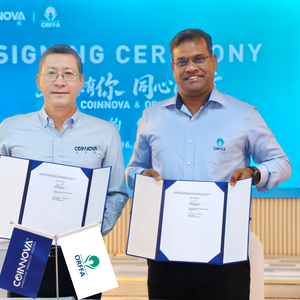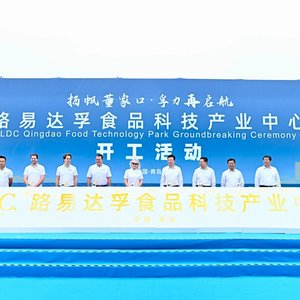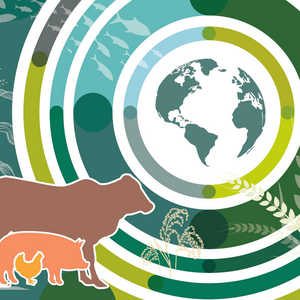Aquaculture is the fastest growing food producing sector worldwide, and to ensure feed efficiency is optimised, scientists from Aarhus University, the University of Copenhagen, the Technical University of Denmark, and feed producer BioMar in ExiPro, a project funded by Innovation Fund Denmark.
ExiPro aims to improve protein digestibility in fish, which in turn will increase fish growth, reduce the environmental impact of fish farming, and improve the bottom line for fish farmers.
Feed is the most expensive variable cost of fish farming, and competition with production of feed for farm animals and pets, means that protein is one of the most expensive ingredients in fish feed. Protein that is not fully utilized by fish leads to a surplus nitrogen ending up in the aquatic environment, so optimization is important to achieve.
Project partners expect to increase protein digestibility by at least one per cent and protein intake by at least five per cent per year. This means a total reduction of nitrogen excretion to the aquatic environment of at least nine per cent. The raw material saving to industry should be in the region of DKK 50 million (USD 7.6 million) per year.
The project will concentrate on improving the extrusion process, where feed is heated and mechanically processed under high pressure through an extruder. It is known that both heat and pressure can destroy the quality and digestibility of protein, but currently there is limited understanding about what happens to it during extrusion.
\"We only have limited knowledge about the chemical reactions and physical processes that take place,\" said associate professor Trine Kastrup Dalsgaard, of the Department of Food Science at Aarhus University.
Protein-chemical changes are a core competence of Professor Dalsgaard’s department, and he is excited that the ExiPro project makes it possible to relate this knowledge to fish feed. Quality of the raw materials will be a particular focus of the project.
The first step, which is already underway, is to map the effects of extrusion on the physical and chemical properties of fish feed protein sources, and to examine how these changes affect fish growth, metabolism, protein intake, and nitrogen excretion. This is performed by means of sophisticated biological methods such as oxidomics, peptidomics, and metabolomics.
An improved understanding of the extrusion process and its effects on feed protein will allow the project partners to develop extrusion tools for different protein feeds, thereby ensuring that each type of protein source can have the optimum treatment when producing feed.










